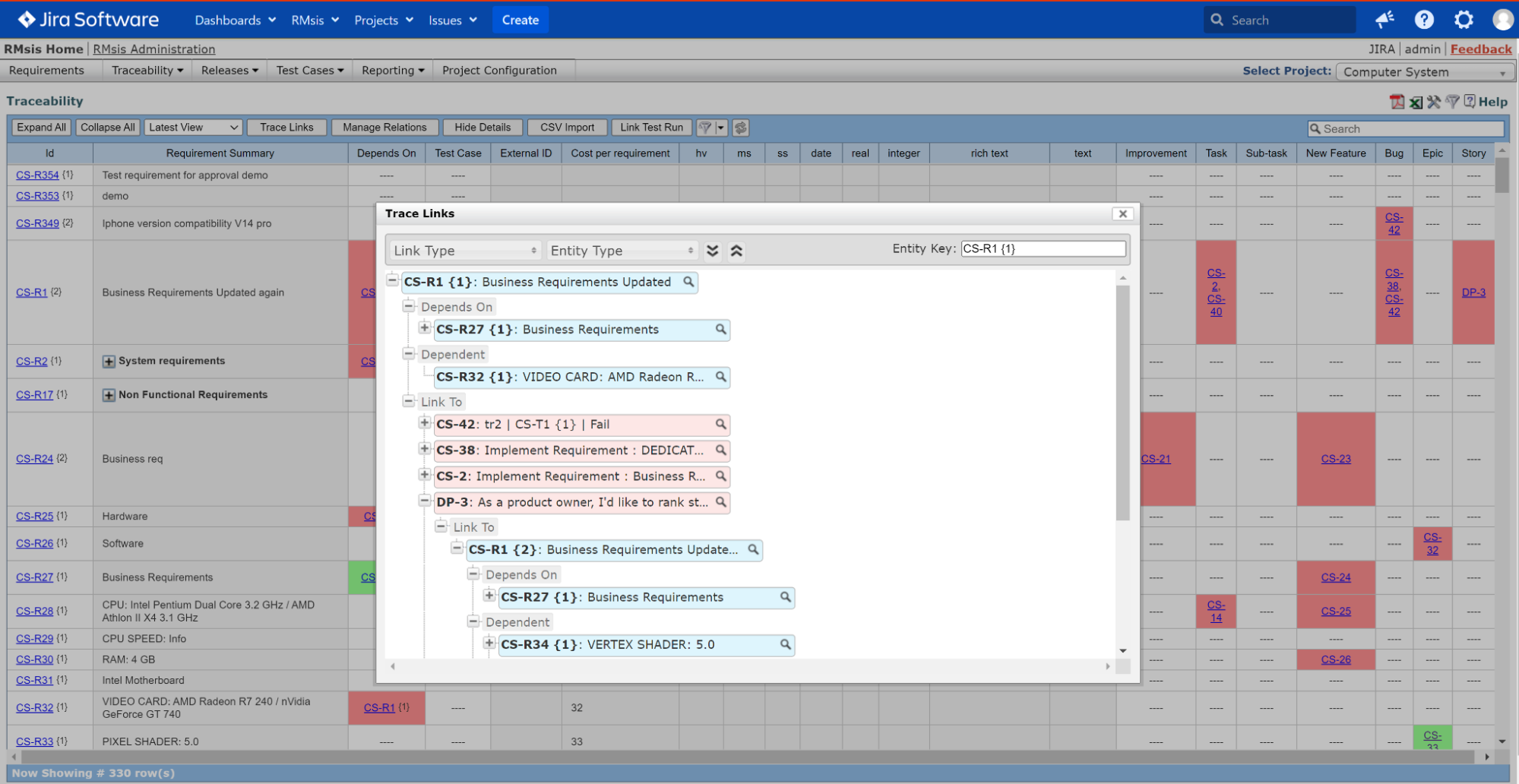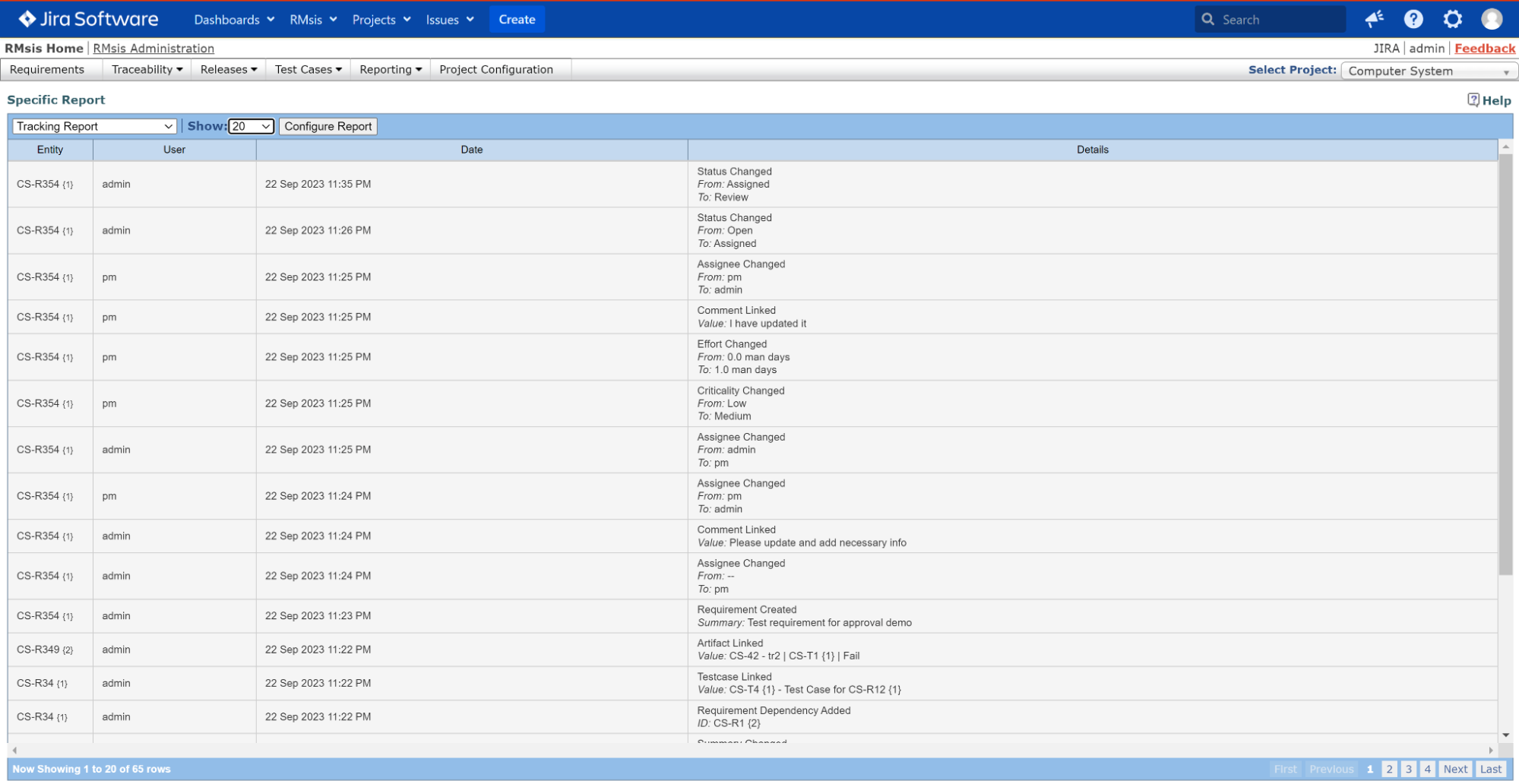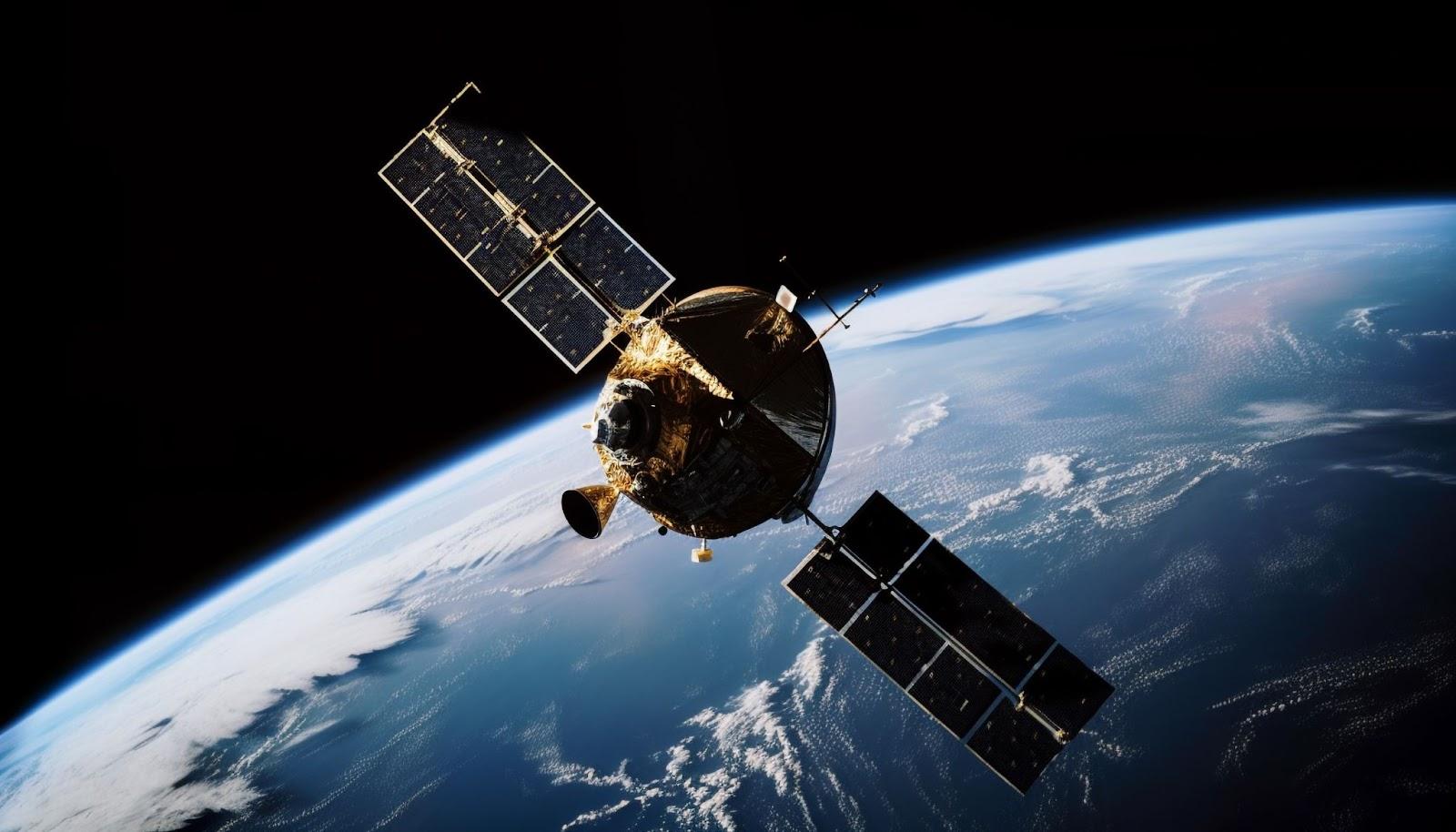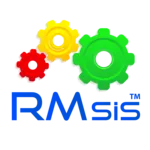Satellite communication systems are the backbone of modern civilization. They enable global broadcasting, secure military operations, and other critical functions. To ensure the success of these systems, engineers face a complex web of requirements that demand precision, reliability, and unwavering adherence to stringent standards. In this cosmos of satellite engineering, a guiding star emerges RMsis.
RMsis, a comprehensive requirements management tool, plays a pivotal role in shaping the success of satellite development projects. It serves as a beacon, helping engineers navigate the intricacies of link budgets, frequency allocations, modulation schemes, multiple access techniques, and interference management. By empowering satellite systems engineers with its extensive features, RMsis ensures that missions are accomplished, and connections are reliable.
In this blog, we delve into the critical aspects of satellite development and the indispensable role RMsis plays in these complex projects. Let's explore how RMsis captures traceability, handles verification artifacts, tracks history and changes, implements baselining, and creates document-like structures.
How Does RMsis Help in Tracking Precise Details?

RMsis offers a robust requirement management system. It allows satellite engineers to capture and track minute details with unmatched precision. This is vital during satellite development to ensure that every component and specification is documented accurately.
How Does RMsis Ensure Meticulous Tracking of Alterations?
In satellite development, change is inevitable. RMsis provides the capability to meticulously track changes, recording the date, user, and specific details of every alteration. This level of accountability is crucial to maintaining a clear history of system evolution.
How Does RMsis Support the Tracking of System Evolution?
Satellite systems often undergo multiple iterations during development. RMsis offers a comprehensive version control feature, allowing engineers to track and manage the evolution of requirements and design specifications.
What Role Does RMsis Play in Storing Reference Snapshots?

The ability to create baselines is a cornerstone of RMsis. It enables satellite engineers to store snapshots of various iterations or versions of the system. Baselines serve as critical reference points, providing insights into how the system has evolved.
How Does RMsis Facilitate Error Prevention?
Ensuring that system changes are validated is essential to prevent costly errors. RMsis supports robust testing and validation processes, allowing satellite engineers to evaluate changes thoroughly before implementing them.
Some Other Areas Where RMsis Can Assist Satellite Engineers
Reporting
Satellite development projects involve multiple stakeholders who require comprehensive reports. RMsis offers robust reporting capabilities, enabling engineers to generate detailed reports to share with shareholders, ensuring transparency and accountability.
API Integration

RMsis understands the need for seamless integration with other satellite development tools. Its APIs facilitate smooth communication with other critical software in the development ecosystem.
Requirement Import/Export
Gathering and sharing requirements is a common practice in satellite development. RMsis simplifies this process with its requirement import and export features, making it easier for engineers to collaborate and exchange vital information.
Permission-Based Access
To maintain the integrity of the development process, RMsis incorporates a permission-based system. It restricts changes based on user roles within the organization, allowing for fine-grained control over who can modify critical requirements.
Attachments and Links
Satellite development often requires the inclusion of various supplementary materials, such as images, diagrams, or reference documents. RMsis supports the attachment of these files and provides the ability to add links, ensuring all relevant information is accessible within the system.
Security

Satellite systems involve highly sensitive and confidential data. RMsis takes security seriously, providing a secure environment to safeguard critical research data.
Multi-Level Traceability
Satellite systems are complex, and every change can have a profound impact. RMsis supports multi-level traceability, allowing engineers to trace the consequences of a change on other modules or components, ensuring nothing is overlooked.
In conclusion, RMsis is not merely a tool for managing a running system but a compass that guides satellite engineers through the intricate phases of satellite development. From requirement management to version control, testing, reporting, and integration with other tools, RMsis is an indispensable asset in developing next-generation satellite systems. Its robust technical features empower engineers to navigate the complexities of their projects successfully, ensuring precision, accountability, and reliability from the very foundation of satellite development. With RMsis, satellite engineers have a powerful tool that enhances efficiency and streamlines the development process, making it easier to reach for the stars.




